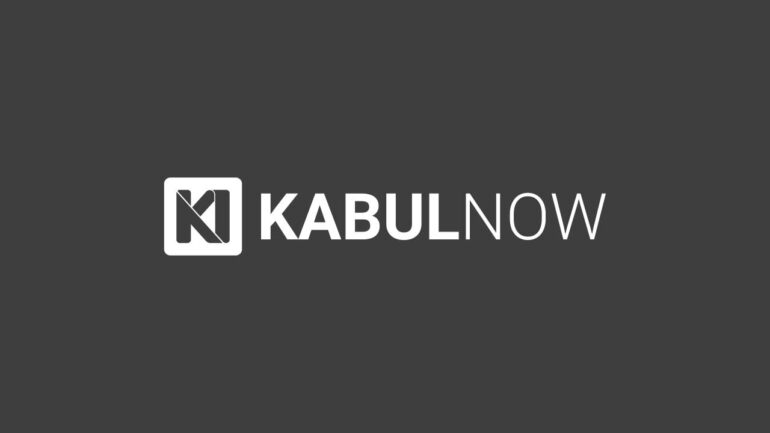The annual Oslo Forum, an event focused on global peace and security, highlighted the urgency of resolving the ongoing crisis in conflict-stricken countries, including Afghanistan.
The joint event, organised by the Norwegian Ministry of Foreign Affairs and the Geneva-based Center for Humanitarian Dialogue, started on Wednesday, June 13.
During the forum, attendees discussed the situations in Afghanistan, Colombia, Yemen, Ukraine, Somalia, and Sudan, emphasizing the need for robust political processes and international support in these countries.
Afghanistan’s ambassador in Oslo, Yousuf Ghafurzai, stressed the importance of initiating a legitimate and democratic government under the supervision of the United Nations to symbolize political stability and national unity.
“The main desire of the Afghan people is a legitimate and democratic government that can symbolise political stability and national unity,” Ghafurzai said during an interview, in Persian, with Elyas Navandish, Chief Editor of Etilaatroz.
The Afghanistan session at the forum included lower-level representatives from the Taliban, as well as representatives from the Afghan Ministry of Foreign Affairs, Ministry of Interior, and Ministry of Defense. Additionally, special representatives from countries involved in Afghan affairs were present.
The Norwegian Ministry of Foreign Affairs cautioned against isolating Afghanistan, as it could strengthen groups like IS-KP and pose a heightened security threat to Europe.
Ghafurzai acknowledged Norway’s commitment to playing a role in initiating a political process and emphasized the increasing international consensus on Afghanistan.
“Norway is still committed to playing a role in initiating a political process in some way,” he noted.

While the Oslo meeting serves as a platform to communicate international concerns about security, politics, and human rights in Afghanistan, Ghafurzai sees it more as a venue for dialogue rather than a decision-making platform. He highlighted the need for inclusivity and the representation of diverse views in discussions.
“We have had two important messages. First, give more opportunity to the faces who believe in the values of democracy… The second message is that it’s time for the international community to focus more on starting a serious political process,” he elaborated.
Ghafurzai further emphasized the importance of shifting the international community’s focus on Afghanistan beyond human rights and humanitarian aid to address the critical political dimension.
“The leading dimension of the matter is the political dimension,” he said.




